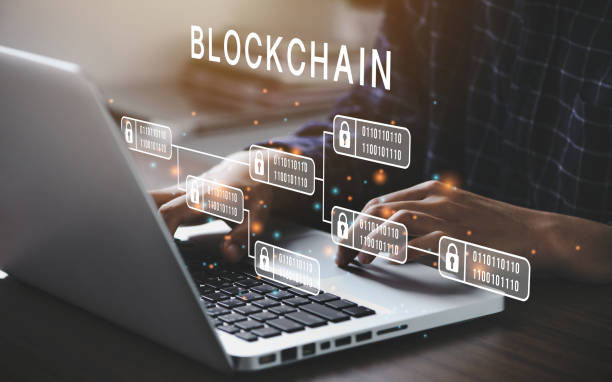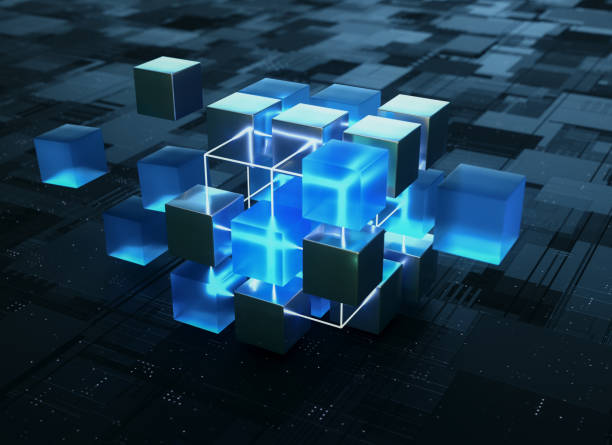Table of Contents
Blockchain technology has emerged as a transformative force across various industries, revolutionizing transactions, data security, and digital trust. This article delves into the significance of blockchain courses, their content, benefits, career prospects, and the growing importance of blockchain education in today’s digital economy.

Understanding Blockchain Technology
Blockchain is a decentralized digital ledger technology that enables secure, transparent, and immutable record-keeping of transactions across a distributed network of computers. It uses cryptographic techniques to ensure data integrity and eliminate the need for intermediaries in verifying transactions.
Importance of Blockchain Education
As blockchain continues to disrupt traditional business models and processes, understanding its fundamentals through specialized courses becomes crucial:
- Technical Expertise: Courses provide in-depth knowledge of blockchain architecture, consensus mechanisms, cryptography, and smart contracts.
- Applications Across Industries: Blockchain courses explore real-world use cases in finance, supply chain management, healthcare, logistics, and beyond, highlighting its potential for innovation.
- Career Advancement: Proficiency in blockchain enhances career opportunities in roles such as blockchain developer, consultant, auditor, and project manager.
Content Covered in Blockchain Courses
- Fundamentals of Blockchain: Introduction to blockchain technology, its history, principles, and components like blocks, chains, and nodes.
- Cryptocurrencies and Tokens: Understanding digital currencies, initial coin offerings (ICOs), and tokenization within blockchain ecosystems.
- Smart Contracts: Programming autonomous, self-executing contracts using platforms like Ethereum, exploring use cases and coding practices.
- Blockchain Security: Addressing cybersecurity risks, cryptographic hashing, consensus algorithms, and securing decentralized applications (DApps).
Benefits of Blockchain Education
- Industry-Relevant Skills: Acquiring skills in blockchain development, implementation, and integration enhances employability and career advancement prospects.
- Entrepreneurial Opportunities: Understanding blockchain facilitates innovation in startups, fintech ventures, and decentralized applications (DApps).
- Global Collaboration: Blockchain courses foster collaboration with experts, researchers, and peers worldwide, driving knowledge sharing and innovation.

Career Prospects in Blockchain
- Blockchain Developer: Designing and implementing blockchain solutions, writing smart contracts, and deploying decentralized applications.
- Blockchain Consultant: Advising businesses on blockchain adoption strategies, regulatory compliance, and optimizing operational efficiencies.
- Blockchain Architect: Designing blockchain networks, selecting appropriate consensus mechanisms, and overseeing network scalability.
Training Formats and Platforms
- Online Courses: Offered by universities, online platforms (e.g., Coursera, edX), and blockchain organizations, providing flexibility in learning schedules and access to global instructors.
- Certifications: Recognized certifications (e.g., Certified Blockchain Developer, Certified Blockchain Professional) validate skills and knowledge in blockchain technology.
- Workshops and Bootcamps: Intensive training programs focusing on practical skills development, hands-on coding, and project-based learning.
Future Trends in Blockchain Education
- Interdisciplinary Learning: Integration of blockchain with AI, IoT, cybersecurity, and other emerging technologies in specialized educational programs.
- Regulatory Frameworks: Courses addressing legal and regulatory considerations in blockchain implementations, ensuring compliance and governance.

Conclusion
Blockchain courses offer a gateway to understanding and harnessing the potential of distributed ledger technology in transforming industries, enhancing security, and fostering trust in digital transactions. Whether for career advancement, entrepreneurial ventures, or academic curiosity, acquiring blockchain skills through specialized education empowers individuals to drive innovation, solve complex challenges, and shape the future of decentralized economies. As blockchain adoption accelerates globally, staying informed, adapting to technological advancements, and embracing lifelong learning are essential for harnessing the full potential of blockchain in the evolving digital landscape.